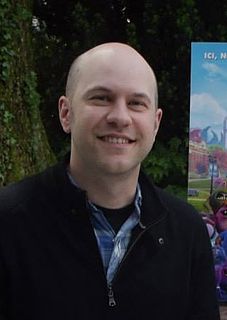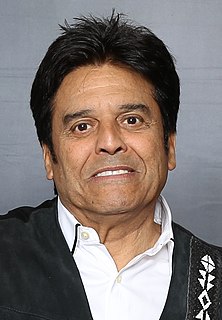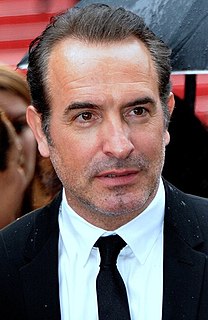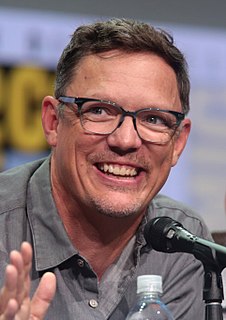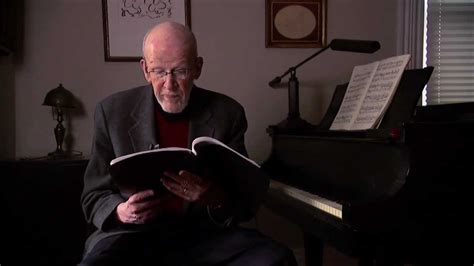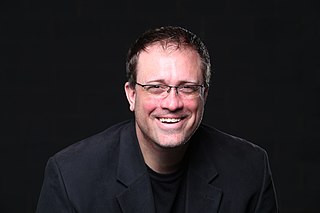Top 1200 Movie Lines Quotes & Sayings
Explore popular Movie Lines quotes.
Last updated on April 14, 2025.
In this age, I don't care how tactically or operationally brilliant you are, if you cannot create harmony - even vicious harmony - on the battlefield based on trust across service lines, across coalition and national lines, and across civilian/military lines, you need to go home, because your leadership is obsolete. We have got to have officers who can create harmony across all those lines.
People quote lines to me all the time. I'm always surprised - everybody has a favorite movie, and they're always different. I'm always shocked. People stop me on the street and throw lines at me from 'Tales from the Crypt: Demon Knight' and 'Deep Space Nine.' 'Shawshank' happens a lot because they play it so much on TV.
I think if a writer is not endeavoring to expand and alter consciousness in himself and in his readers, he is not doing much of anything. It is precisely words, word lines, lines of words and images, and associations connected with these word and image lines in the brain, that keep you in present time, right where you are sitting now.
I like the idea of doing a little movie every week. When you do a movie, you don't know when it's going to come out. In a year, you forget about it. I forget stories that happened on set. I forget who I worked with. I forget my lines, my characters' names. This is so fresh. We make it, and it's on TV. It feels more like a living, breathing thing.
The Nazis, for him, are merely available movie tropes--articulate monsters with a talent for sadism. By making the Americans cruel, too, he escapes the customary division of good and evil along national lines, but he escapes any sense of moral accountability as well. In a Tarantino war, everyone commits atrocities. Like all the director's work after 'Jackie Brown,' the movie is pure sensation. It's disconnected from feeling, and an eerie blankness--it's too shallow to be called nihilism--undermines even the best scenes.
I came to the destruction of volume by the use of the plane. This I accomplished by means of lines cutting the planes. But still, the plane remained too intact. So I came to making only lines and brought the colour within the lines. Now the only problem was to destroy these lines also through mutual oppositions.
'Rocky' is a movie that just happens to be about boxing. It's really about characters and story lines and relationships and all those things, and the backdrop is boxing. You can go back and watch the final fight in 'Rocky' a thousand times. If you dig that movie, if you like the characters, you'll watch the whole movie over and over.
[Barack] Obama can draw lines for himself and his country, not for other countries. We have our red lines, like our sovereignty, our independence, while if you want to talk about world red lines, the United States used depleted uranium in Iraq, Israel used white phosphorus in Gaza, and nobody said anything. What about the red lines ? We don't see red lines. It's political red lines.
Those of us raised in modern cities tend to notice horizontal and vertical lines more quickly than lines at other orientations. In contrast, people raised in nomadic tribes do a better job noticing lines skewed at intermediate angles, since Mother Nature tends to work with a wider array of lines than most architects.
In editing, you really face what the movie is. When you shoot it, you have this illusion that you're making the masterpieces that you're inspired by. But when you finally edit the movie, the movie is just a movie, so there is always a hint of disappointment, particularly when you see your first cut.
In this age, I don't care how tactically or operationally brilliant you are: if you cannot create harmony - even vicious harmony - on the battlefield based on trust across service lines, across coalition and national lines, and across civilian/military lines, you need to go home, because your leadership is obsolete.
I did some writing for that movie. The remake of Planet of the Apes. I didn't write the script. But I wrote some lines that they ended up... not using. ... I wrote one line. I thought it would've been perfect. I don't know if anyone saw the movie. It's the scene where the ape general comes in. And they're trying to decide if they should attack right there, or wait until a little later. And I wrote: "Man these bananas are good!" But they didn't use it. I did all of that research.
I've always been - as a teacher, as graduate student, as a student, and I think, really, as a child - I've been interested in poems, but not so much for what the take home pay is, what you might sum up from them in moral or intellectual terms or whatever, but what's in the certain lines and how lines relates to other lines.
The idea was to take fine art and put it into the location of the movie scripts. The script itself is collage - some of the lines come from actual movies and I've written others to make the text work with the found image. In this way, the details of old dead guys' paintings (from the collection of the Städel Museum in Frankfurt, where this work will be exhibited in relation to the historical paintings) become illustrations of the movie scripts. I found this mélange of high art and Hollywood amusing.
So you think the best way to prepare kids for the real world is to bus them to a government institution where they're forced to spend all day isolated with children of their own age and adults who are paid to be with them, placed in classes that are too big to allow more than a few minutes of personal interaction with the teacher-then spend probably an hour or more everyday waiting in lunch lines, car lines, bathroom lines, recess lines, classroom lines, and are forced to progress at the speed of the slowest child in class?
